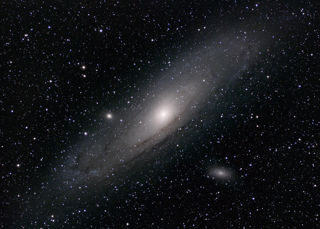
Meteosat-7/MOP-4
Meteosat-7/MOP-4
Flight spare of the Meteosat-7 weather satellite. This is the same as the actual Meteosat-7 satellite, which was launched in 1997 and operated by EUMETSAT (European Organisation for the Exploitation of Meteorological Satellites).Orbiting high above the Indian Ocean, Meteosat-7 provided real time images of Earth’s weather systems for use by European weather forecasters. Sending back images using visible light, infrared and water vapour spectral channels, it helped to monitor tropical cyclones and was used as part of the Tsunami Warning System for the Indian Ocean.
Weather satellites provide total coverage of the Earth, to ensure that severe weather systems are constantly monitored – helping to save lives with early warnings and improve weather forecasting. The first Meteosat, Meteosat-1, was launched in 1977, and the last of this generation, Meteosat-7, was launched 20 years later in 1997. This satellite on display at the National Space Centre is not a model; it is a back-up satellite that was never launched, but is capable of being fully-functional. Advances in technology and the increasing sophistication of weather forecasting requirements have created a demand for more frequent, more accurate and higher resolution observations from space. To meet this demand, EUMETSAT launched a new series of even more advanced weather satellites known as Meteosat Second Generation (MSG-2). Meteosat-7 was retired from service in 2017 and moved to a graveyard orbit.
Video
Web resources
More information
Object number
2001-68
Location
Home Planet Gallery
Curator's comments
The beauty of a whole year of weather speeded up to fit into a short video is clear to see
Has this object been into space?
No
Dimension - Dimension, Value, Measurement unit
Height: 3.1m
Diameter: 2.1m
Material
Titanium
Aluminium
Associated Organisation
EUMETSAT
ESA
Object Production Date
Circa 1997
Object Production Organisation
Aerospatiale
Object Production Place
France
Credit Line
Meteosat-7 was donated to the National Space Centre by EUMETSAT
On Display Status
On display
Copyright and Photos
Photography is shared via the license below.
However, some objects on this website are on loan to the National Space Centre and are being shared through the permission of their owners.
Commercial use of images from this website is not allowed without additional permissions being granted. To request permission to use images for purposes not covered in the license below, please contact [email protected]
Individual objects on loan to the National Space Centre may have additional copyright permissions, so advice should always be sought before use.
![]()
This work is licensed under a Creative Commons Attribution-NonCommercial 4.0 International License.










